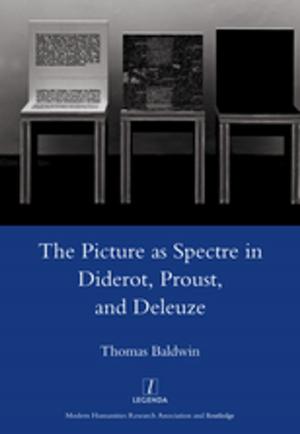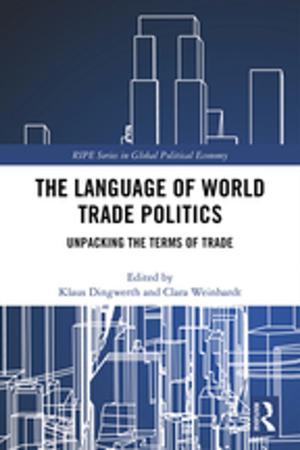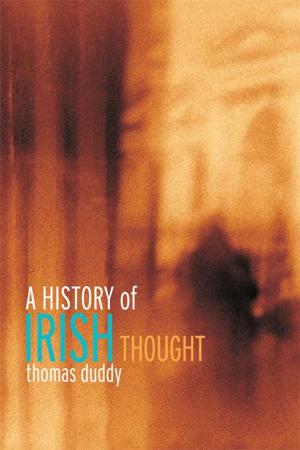| Author: | Samuel Thomas | ISBN: | 9781135911416 |
| Publisher: | Taylor and Francis | Publication: | April 2, 2010 |
| Imprint: | Routledge | Language: | English |
| Author: | Samuel Thomas |
| ISBN: | 9781135911416 |
| Publisher: | Taylor and Francis |
| Publication: | April 2, 2010 |
| Imprint: | Routledge |
| Language: | English |
Thomas Pynchon's writing has been widely regarded as an exemplary form of postmodern fiction. It is characterized as genre-defying and enigmatic, as a series of complex and esoteric language games. This study attempts to demonstrate, however, that an oblique yet compelling sense of the "political" Pynchon disappers all too easily under the mantle of postmodernity. Innovative and unsettling discussions of freedom, war, labor, poverty, community, democracy, and totalitarianism are passed over in favor of constrictive scientific metaphors and theoretical play. Against this current, this study analyzes Pynchon's fiction in terms of its radical dimension, showing how it points to new directions in the relationship between the political and the aesthetic.
Thomas Pynchon's writing has been widely regarded as an exemplary form of postmodern fiction. It is characterized as genre-defying and enigmatic, as a series of complex and esoteric language games. This study attempts to demonstrate, however, that an oblique yet compelling sense of the "political" Pynchon disappers all too easily under the mantle of postmodernity. Innovative and unsettling discussions of freedom, war, labor, poverty, community, democracy, and totalitarianism are passed over in favor of constrictive scientific metaphors and theoretical play. Against this current, this study analyzes Pynchon's fiction in terms of its radical dimension, showing how it points to new directions in the relationship between the political and the aesthetic.















